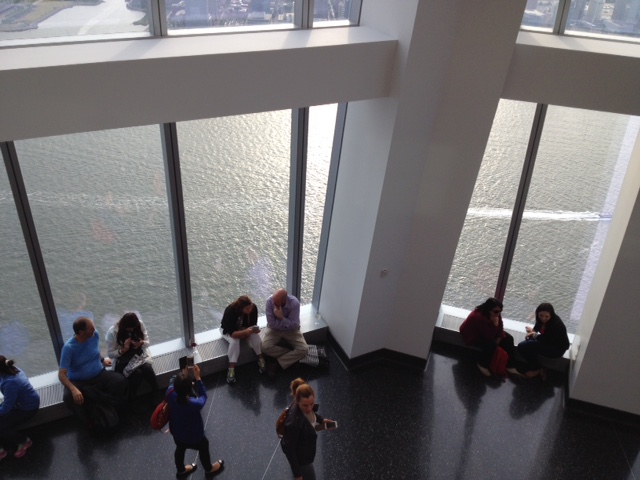Time to move on from DevOps and continuous delivery, says Google advocate

Continuous integration and continuous delivery (CI/CD) and DevOps may be on many peoples' minds these days, but there's nothing particularly new about the concept -- software shops should have put these concepts into action years ago. Instead, technology leaders should be now worrying about the futures of their businesses.

That's the view of Kelsey Hightower, staff developer advocate at Google Cloud Platform, who says too many IT leaders are debating how to manage IT operations and workflows, when their businesses are being hit with unprecedented disruption. "CI/CD is a done deal -- like 10 years ago it was a done deal," he said in a recent podcast with CTO Advisor's Keith Townsend. "There is nothing to figure out in that domain. A lot of people talk about DevOps, and there may be some culture changes, in number of people who can do it or are allowed to do it. For me, that is the table stakes. CI/CD, DevOps; we have to say, listen, figure it out, or go work with another team outside this company to figure it out."
The problem is IT leaders and professionals -- even in the age of cloud and serverless computing -- still think too much in terms of servers and machines, and not enough in terms of meeting the challenges of meeting business competition at a high level, Hightower continues. "We know what to do with machines; you configure and you manage that server. When the cloud first came out, people took that exact mindset, and just did it on someone else's cloud. We're stuck in this machine-based mentality, and the onset of cloud didn't fix that."
At the same time, there has been some progress -- both within IT as well as business circles -- toward platform thinking, which opens up new realms, said Mark May, co-host for CTO Advisor and enterprise infrastructure specialist with VirutalStorageZone. Within a typical enterprise, he explained, "you have so many people, and the more people you have, the harder it is to introduce a new way of doing things. There's a whole new set of patterns called cloud-native. We've learned a lot in the last 10 to 20 years of doing this. I think the middle step to that is better infrastructure underneath. You package your app with all its dependencies, kind of what we do on the mobile device. You're not deploying machines per say -- now you're deploying to platforms."
Ultimately, in one or another, organizations are now being forced to change their ways, and their thinking, when it comes to serving customers with the right technology. In some industries, companies face existential threats from disruptive forces, and this is accelerating their technology transformation. "It depends how much under threat you are -- it's a whole different conversation, when nobody can just say, 'we'll get to that in nine or 10 months,'" Hightower said. "If you're in a stable place, that may just be fine. But some people don't get the luxury of doing that anymore. Change is forced upon you. Now your customers say, 'where's your mobile app? I want to be able to have voice assistance to talk to your particular product.' This is why the enterprise feels a bit tense."
One industry that has adapted -- perhaps surprisingly -- to new technology driven realities is the banking sector, he continued. "Everybody said financial institutions would be the last to adopt technology because they have to play it safe. If you look around, all the banks have the most innovative technology -- their mobile apps let you send money from your phone; real-time fraud detection. The banks are competing with startups, such as Stripe and Square entering their domain." With this urgency, traditional banks are "doing things at a rate of speed of innovation that the banks didn't think were possible."
An important ingredient to staying ahead of disruption -- or fostering it -- is being open to fresh ideas, Hightower added. Earlier in his career, he said, "I can remember coming in and being indoctrinated with the rules. This is how we do things. Learn it well, do it well, and that's it. A lot of time you destroy one of the best advantages of bringing in new people. Bringing in new ideas, that's the value. The mindset that everyone is just a resource and are all interchangeable really destroys innovation." At Google, he said, an approach called "Big Bets" encourages "crazy" ideas, and employee are provided time and resources to pursue them.